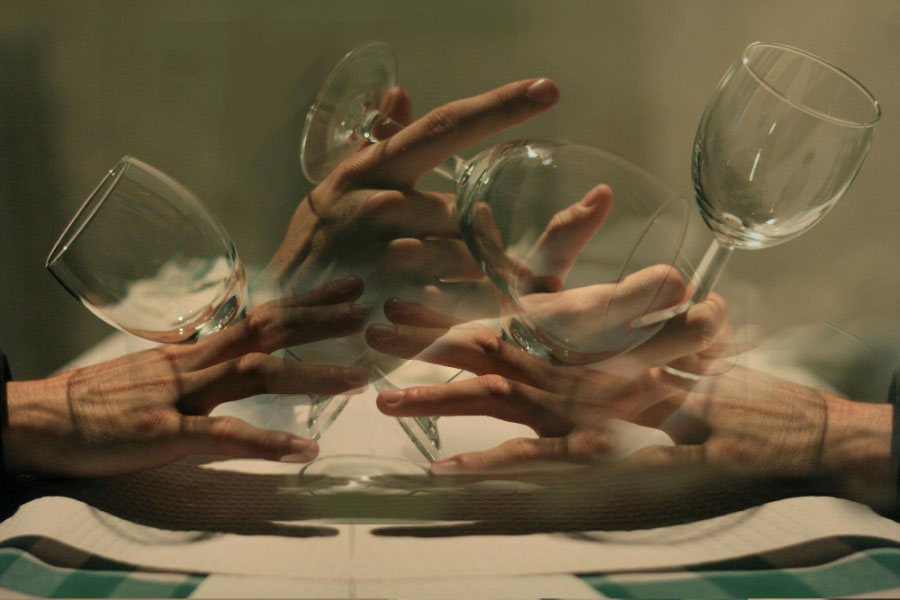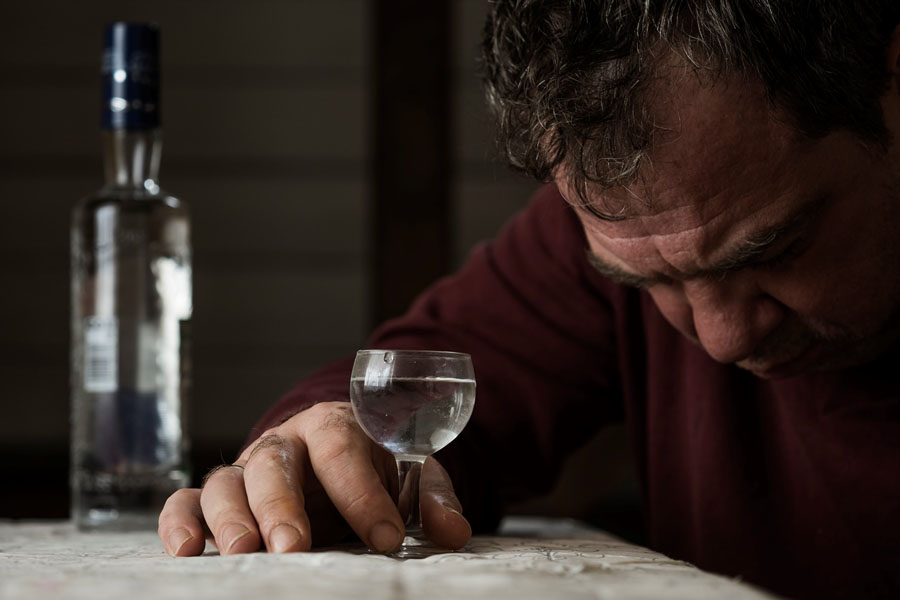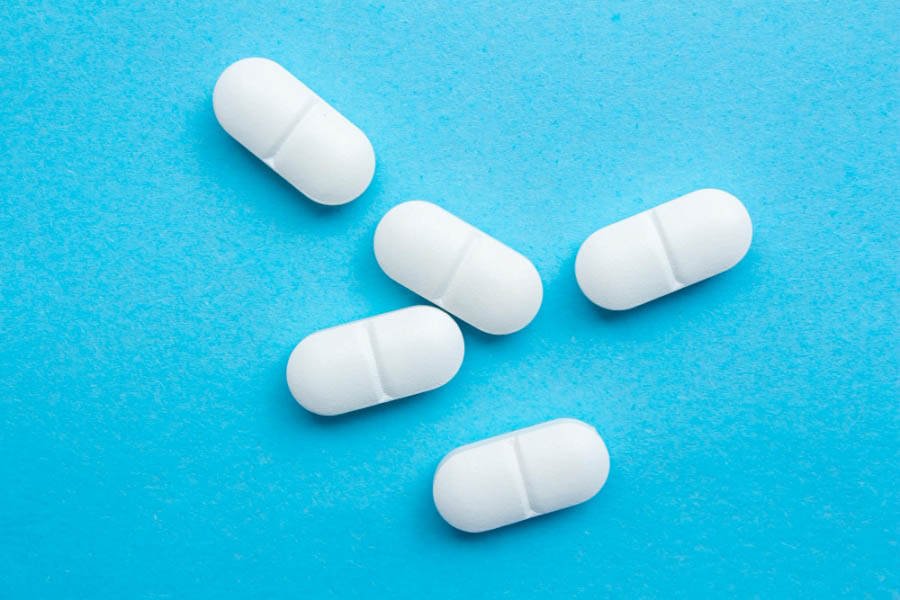Alcoholics Anonymous (AA) is a popular 12-step program that has helped millions of people globally achieve and maintain sobriety. While AA is known for the 12 steps, there are also 12 guiding principles behind each one that build a strong foundation for the program.
Understanding the principles behind the 12 steps can help deepen your connection to the program and the recovery process. In the rest of this article, we will detail each of the 12 AA principles.
What Are the 12 AA Principles?
The 12 principles of AA correspond with each of the 12 steps. They are meant to promote humility, honesty, service, and personal growth during the program’s participation.
The idea behind the AA steps and principles is that sobriety is more than just quitting alcohol. The values of AA also involve becoming a better and healthier version of yourself.
A study published in the Journal of Substance Abuse in 2023 stressed the importance of structure during the early stages of recovery from addiction. The research mentioned that the values behind 12-step programs can create a consistent structure, healthy habits, and positive support for better success rates.
Breakdown of the 12 AA Principles
The 12 Alcoholics Anonymous principles and corresponding steps go as follows:
Step 1: Honesty
The first step of AA involves honesty. It’s admitting powerlessness over alcohol and being truthful with yourself and others.
Information from Alcoholics Anonymous mentions that honesty is a moral characteristic deep-rooted in your self-image and sense of support. Dishonesty with yourself or others can make recovery feel less fulfilling, and it can make it harder to reach out to others when you’re struggling and need help.
Step 2: Hope
The second of the 12-step recovery principles involves hope. A belief in a power greater than yourself can aid recovery.
Many in AA view this principle as a belief in God’s will and support. However, studies also indicate that hope can be related to a sense of community. Research from the Journal of Community Psychology that analyzed three recovery homes found that homes that built a sense of community led to hope and a better quality of life.
Therefore, you can look at this step as hope in a higher power, hope in the community you’re surrounded by in the support group, and faith that you’ll lift each other up when needed.
Step 3: Faith
Step 3 of AA involves trusting a higher power with one’s will and life. Trust in something greater than yourself requires a big step of faith.
While this is one of AA’s spiritual principles, AA mentions that you can make your own interpretation of a higher power. For instance, you can look at this from a religious context, general spirituality, faith in the program, or trust in the group’s support of each other.
Step 4: Courage
This step involves taking a moral inventory of yourself and facing uncomfortable truths. It takes courage to look inward, admit your wrongs, and notice your struggles.
Many in recovery from alcohol addiction can begin to feel regret for previous actions. Therefore, this step is a big part of healing and managing your emotions.
Step 5: Integrity
Step 5 involves admitting wrongs to God, oneself, and others. After making that self-inventory, it requires integrity to admit your wrongs openly. However, making that admission can help heal yourself and may be the first step to healing relationship struggles with others that were caused by addiction.
Step 6: Willingness
Step 6 is being willing to let go of character defects. Once you’ve looked inward and admitted where you went wrong, it’s time to let go. This can help participants begin to move forward as they build themselves up and create a new life of sobriety.
Step 7: Humility
Step 7 involves asking a higher power to remove shortcomings. It involves humility to admit your shortcomings and ask for forgiveness from something greater than yourself. You can act with humility by supporting others in the group as they let go of their shortcomings as well.
Step 8: Brotherly Love
This involves being willing to make amends with those who were harmed. It consists of being good to your community and those close to you, whether it’s family, friends, co-workers, etc., affected by your actions. Being willing to make amends shows you’re eager to step forward and learn to be better.
Step 9: Justice
Step 9 is making direct amends with those affected when possible. Not everyone will feel willing to reconcile. However, making the effort shows that you care and regret past actions, and it requires strength to be open to whatever response comes from your efforts to make up for it.
Step 10: Perseverance
Here you’ll commit to continuing to take inventory and admit wrongs. Nobody is perfect, and wrongs in life can happen at any time. Being open to admitting mistakes when they occur and working to do better helps you keep moving forward in the process.
Step 11: Spiritual Awareness
Step 11 involves seeking conscious contact with a higher power through prayer or meditation. Many in recovery find it a relaxing practice to either pray or meditate. Emerging evidence is showing that mindfulness practices like meditation can enhance therapeutic effects in addiction treatment and prevent relapse.
Step 12: Service
The last step is carrying the message to others and practicing the AA principles in all areas of life. This involves supporting other group members as they go through the steps and acting positively in your interactions with others in daily life.
It can have an ongoing positive effect that builds a positive support system around you and improves self-image.
Why The AA Principles Matter in Recovery
There are many reasons why the AA steps and principles matter. They offer:
- A moral compass and daily guidance. Following the principles in daily life leads to more positive actions that improve your well-being.
- Opportunities to build better relationships and self-respect. Making amends, reaching out to help others, and taking positive actions help build stronger relationships and improve your self-image.
- Emotional sobriety, not just physical abstinence. When you quit drinking, there’s still a strong emotional component to rehab. Working to heal emotionally leads to more well-rounded results for better success rates.
- Support for long-term sobriety and community involvement. Consistently following the principles and checking in will provide a constant structure and support from the group that promotes ongoing sobriety.
AA and the Genesis House Approach
At Genesis House, we offer treatment programs for drug and alcohol addiction. Each program is customizable to your needs to achieve the best results.
If you’ve connected with the AA principles discussed in this article, we offer 12-step-based recovery as one of our many paths to healing. That includes spiritual guidance, peer support, and access to AA meetings.
We’re here to help with all your needs and can provide a complimentary consultation to determine the best treatment program. Whether you’re just starting recovery or revisiting the 12 steps, Genesis House is here to walk with you.
Contact us today to learn more about how we can help.
References
- Kitzinger, Robert H, et al. “Habits and Routines of Adults in Early Recovery from Substance Use Disorder: Clinical and Research Implications from a Mixed Methodology Exploratory Study.” Substance Abuse: Research and Treatment, vol. 17, Jan. 2023, p. 117822182311538, doi:10.1177/11782218231153843. https://pmc.ncbi.nlm.nih.gov/articles/PMC9926005/
- “The Importance of Honesty in Recovery – Mental & Emotional.” Alcoholics Anonymous Cleveland, 3 Nov. 2017, https://www.aacle.org/importance-honesty-recovery/
- Stevens, Ed, et al. “Relationship of Hope, Sense of Community, and Quality of Life.” Journal of Community Psychology, vol. 46, no. 5, 24 Feb. 2018, pp. 567–574, doi:10.1002/jcop.21959. https://pmc.ncbi.nlm.nih.gov/articles/PMC6086495/
- Priddy, Sarah E., et al. “Mindfulness Meditation in the Treatment of Substance Use Disorders and Preventing Future Relapse: Neurocognitive Mechanisms and Clinical Implications.” Substance Abuse and Rehabilitation, vol. Volume 9, no. 9, Nov. 2018, pp. 103–114, doi:10.2147/sar.s145201. https://pmc.ncbi.nlm.nih.gov/articles/PMC6247953/










